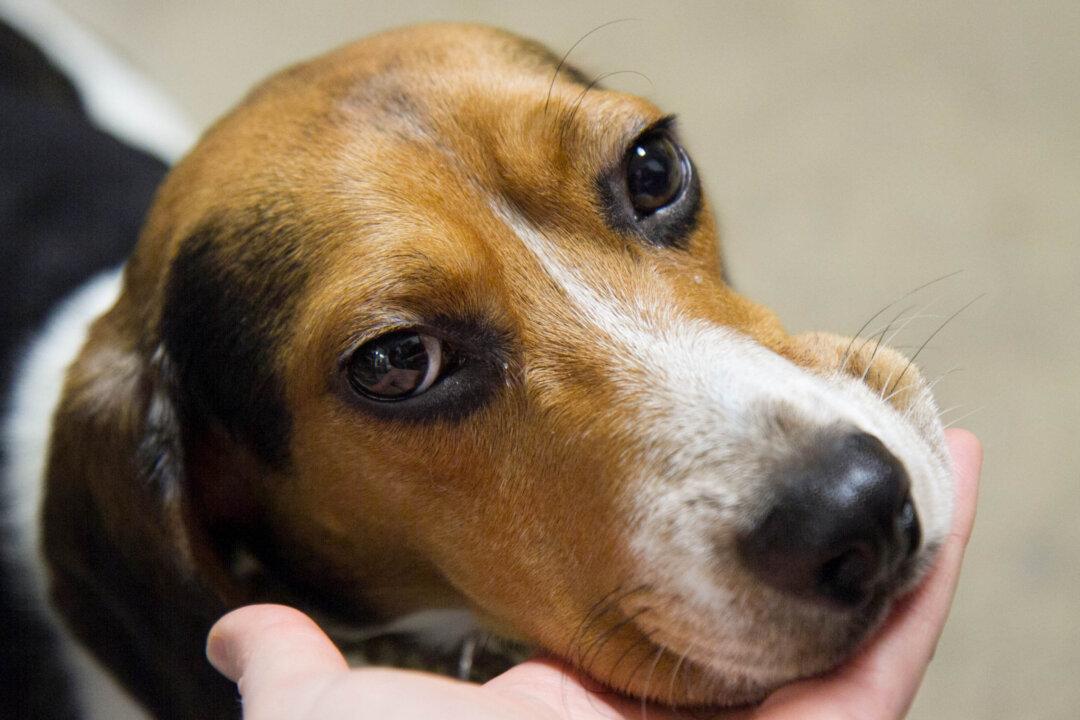A company that supplied beagles for laboratory experiments has been ordered to pay a record $35 million in fines related to its operation of a facility in Virginia.
According to the Environmental Protection Agency (EPA), Envigo RMS LLC and Envigo Global Services pleaded guilty to violating the Animal Welfare Act and Clean Water Act, respectively.





